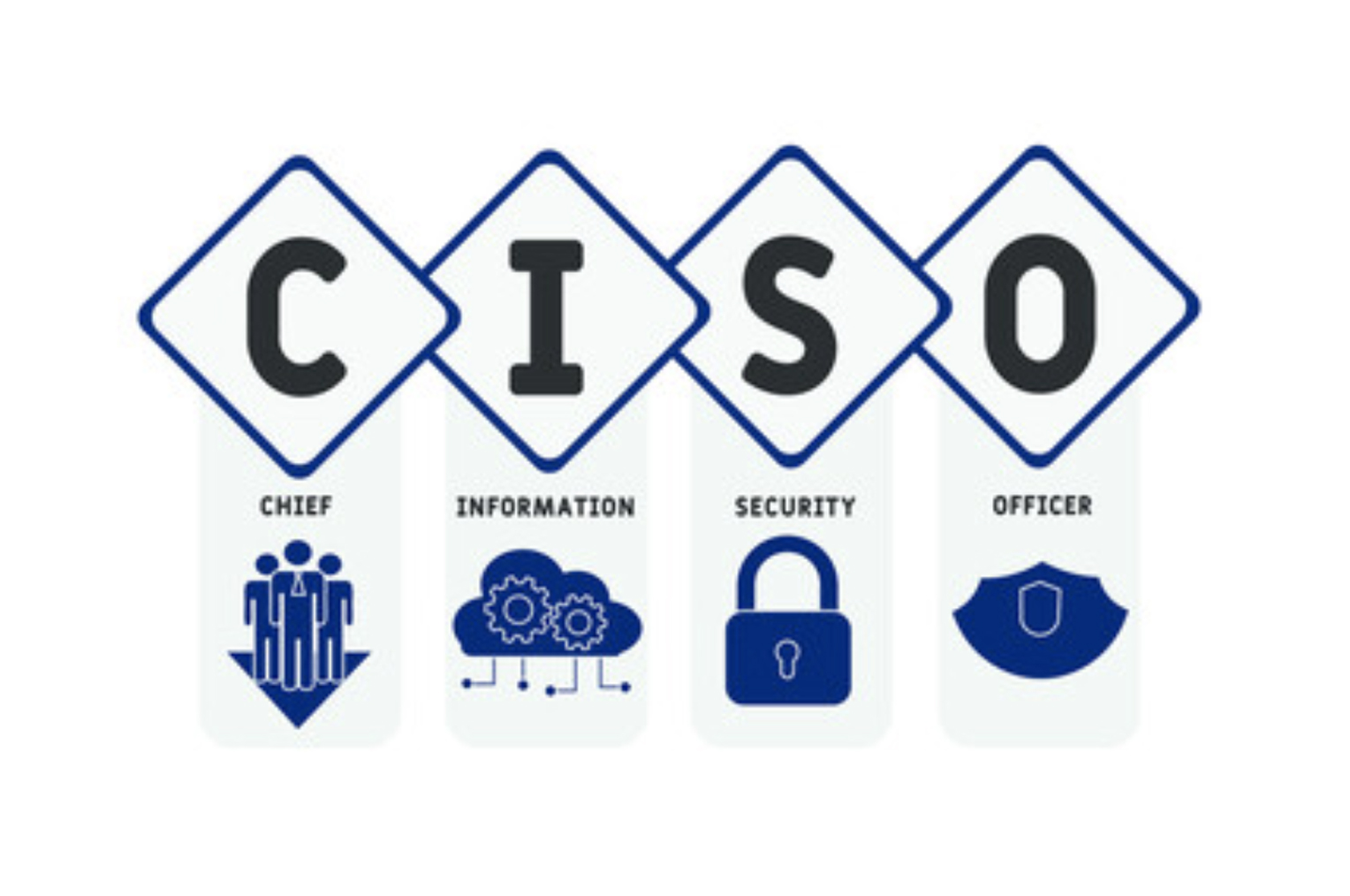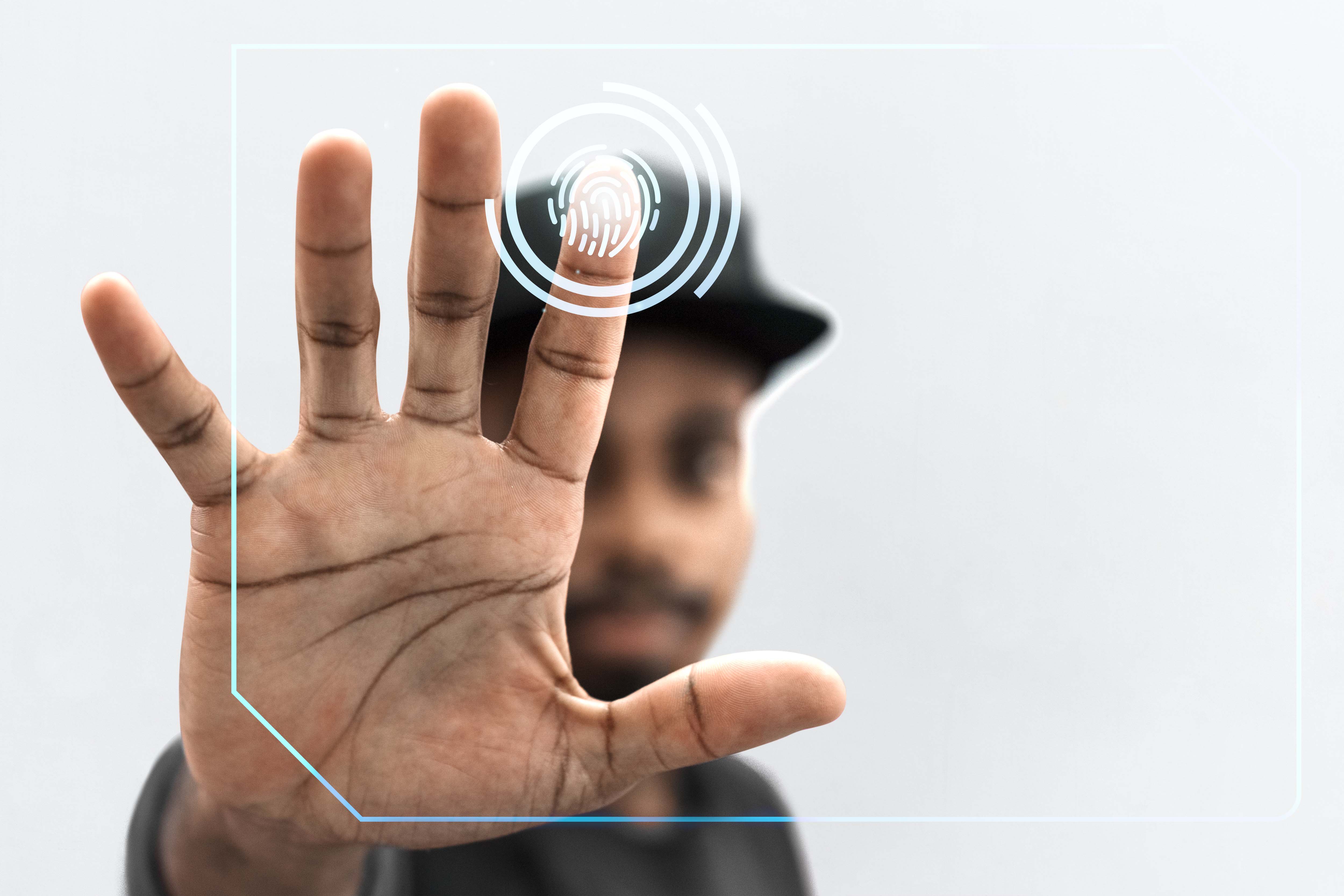
by Rebeca | Apr 14, 2021 | soffid
The CISO is a leadership position responsible for: Establishing the right security and governance practices, Enabling a framework for risk-free and scalable business operations in the challenging business landscape,… The position of a Chief Information Security Officer (CISO) can take a variety of job tasks and responsibilities depending on the size, hierarchy, industry vertical and compliance regulations applicable to the organization.
In 2020, a world inexorably going digital was sped up by COVID-19, necessitating businesses to enable remote workforces overnight, without planning or preparation. This change required chief information security officers (CISOs) to ensure digital security on the go, simultaneously reckoning with new and emerging threats, while ensuring business continuity in a workplace that now featured a multiplicity of systems, networks, devices, programs, processes and overflowing information.
With the rise of digital transformation initiatives in 2020, a Chief Information Security Officer’s (CISO) already stressful work environment has become even more complex. A post-pandemic world has spawned other challenges for security professionals with the rise of remote work—like making sure data remained secure in an environment that wasn’t constantly monitored, Zoom hacks, secure API integrations, and dozens of other issues. CISO’s are facing more scrutiny about security posture from the Board of Directors than ever.
CISO’s needed to be on the top of their game—because, in addition to those high-risk challenges, countless businesses found themselves fast-forwarding their digital transformation initiatives to adapt to the new normal. 2020 has been coined as the year of the great accelerator because initiatives that had been put on hold were now suddenly necessary to support remote work. With the lack of in-person face time, combined with security risks, many businesses were playing catch up as threat models and control points changed, and they seemed always to find themselves one step behind.
Get here more information about A CISO’s 2021 Cybersecurity Wishlist
We can help CISOs to make their work easier. Soffid 3 provides the most intuitive and user-friendly interface, making the transition smooth and convenient. Proceedings are more flexible, so that you will have more committed users. Shall we talk?
Sources:
(1) cio.com
(2) searchsecurity
(more…)

by Rebeca | Mar 17, 2021 | Resources, soffid
The rapid digitisation across the world in 2020 has paved the way for companies to adopt new models in how they secure and manage the identity of their users.
As businesses move from largely reactive measures last year to now putting in place policies and processes to permanently adapt to the new normal, a modern identity and access management (IAM) system is critical to manage access across multiple operating systems, devices, locations and applications, based on what a user should be able to do and what they will need over time
IAM encompasses a complex set of functions that touch nearly every aspect of your business and have a measurable impact on your bottom line. Leaving an outdated IAM system in place — whether you’re managing the identities of employees, business partners, or end customers — is both costly and dangerous.
Modernising Identity Reduces Maintenance Costs
Businesses that are reluctant to invest in IAM are often unaware of how much money they’re already spending on it. Maintaining an outdated, decentralised IAM system is usually a full-time job for at least one developer. In addition, dealing with identity-related issues such as lost passwords takes up the majority of your support desk’s time.
The maintenance costs of in-house Identity are high even if we only define “maintenance” as keeping the existing system running so users can log in and access resources. When businesses improve their custom IAM systems, those costs skyrocket. Auth0 customers regularly report that if they attempted to build our features themselves, it would take an entire team of developers.
Identity Is Critical to Legal Compliance and Security
If you don’t invest in a sophisticated, secure identity solution, then you’re essentially budgeting for regulatory fines and the myriad costs associated with data breaches. Given the rise in global data privacy laws and cyberattacks, the chances that you will be impacted are only increasing.
Identity-based attacks are a pervasive threat. Today, hackers the world over use authentication as their preferred gateway to attack. Verizon’s 2020 Data Breach Report found that the most common forms of data breaches are identity-based: phishing and attacks using stolen credentials. These broken authentication attacks mean huge expenses for businesses, in the form of application downtime, lost customers, and IT costs. The Ponemon Institute reports that a company that falls victim to a credential stuffing attack stands to lose an annual average of US$6 million. Thwarting these attacks requires IAM features such as brute force protection, multi-factor authentication (MFA), and rigorous access control.
IAM Unleashes Innovation
For better or for worse, your company’s IAM platform will impact your ability to innovate. This happens in two ways. The first is simple: Every hour your developers spend on authentication is an hour they’re not improving your core product.
Most companies are familiar with this logic when making other decisions about building vs. buying microservices. For example, Auth0’s research found that when companies need to incorporate a payment tool in their app, only 26% build it themselves. The other 74% use a software-as-a-service SaaS solution like Stripe or Paypal. The same logic holds true for authentication.
Aside from freeing up resources, an IAM system can drive innovation. For example, consider the impact of centralised Identity on improving analytics and customer outreach. When a single IAM provider handles user authentication across devices and integrates seamlessly with every other system, it de-silos data to create a single source of truth about users. This idea is the heart of an omnichannel approach to retail and marketing.
Identity Is Central to Your Business
It’s always important to make sound investments in technology, and particularly in a moment of global uncertainty. But having a secure and extensible IAM solution is one of the best defenses against that uncertainty because it makes businesses more capable of adapting to change.
A modern IAM solution can provide both a quick business win and long-term value by decreasing costs, increasing revenue, and making businesses more adaptable in a shifting technological and legal landscape.
Shall we talk about your project? Soffid 3 is a more intuitive and user-friendly version that will fit your needs.
Sources:
(1) Digital Security Magazine
(2) Frontier Enterprise



